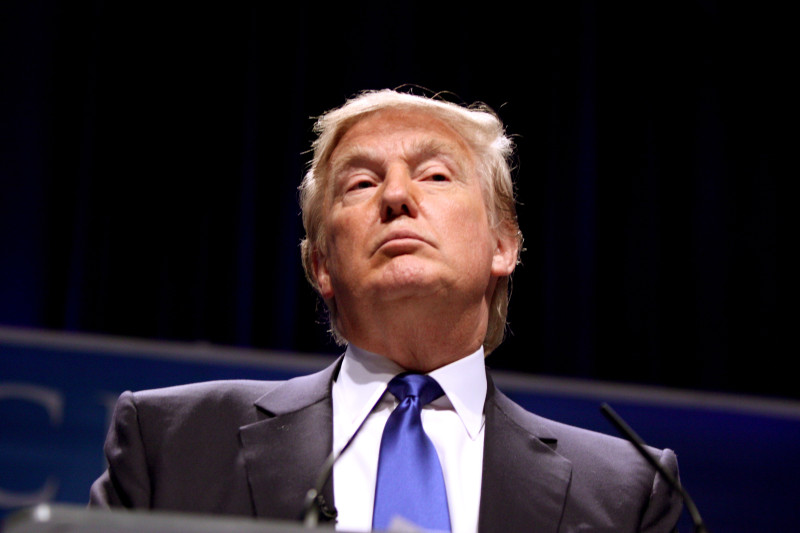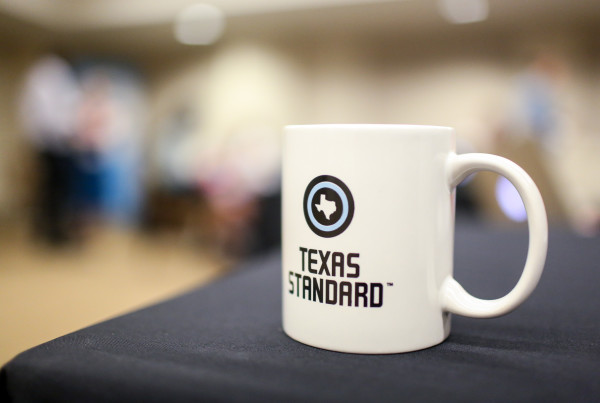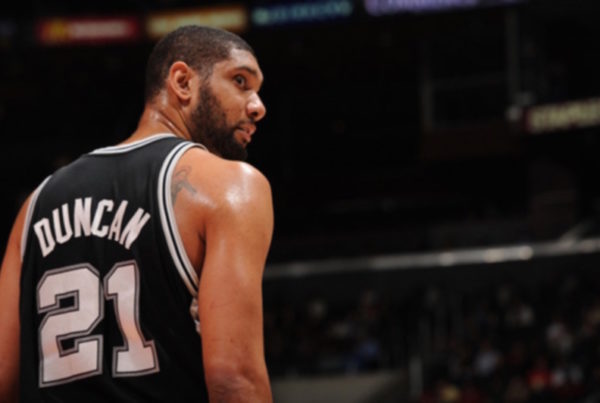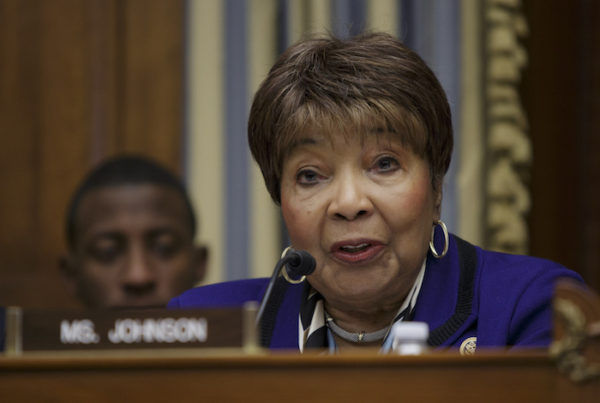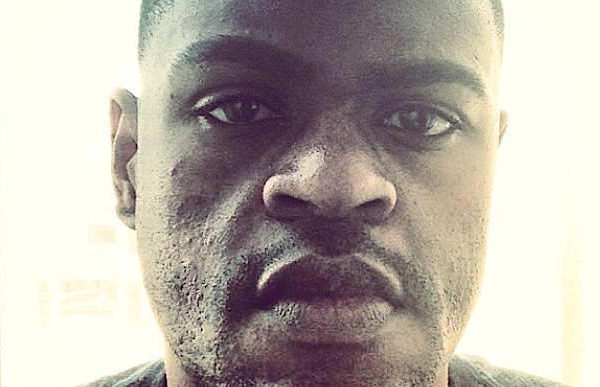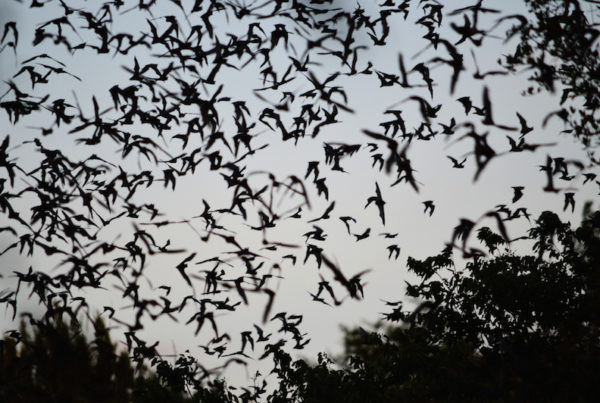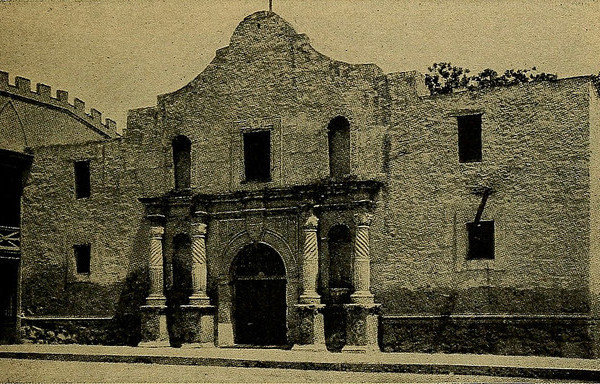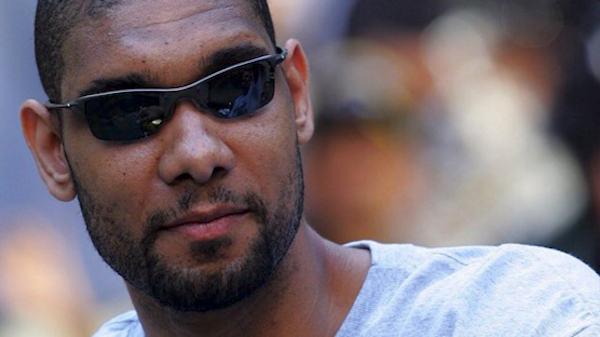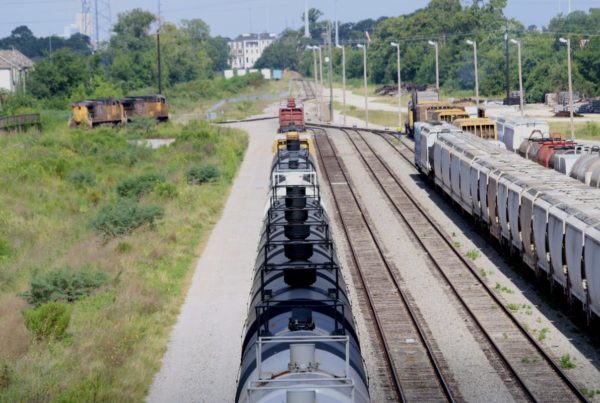The Republican National Convention in Cleveland starts later in July. A majority of delegates are pledged to vote for Donald Trump. But there’s a movement afoot to block Trump from winning the nomination, one that includes members of the Texas delegation.
Ever since Trump became the presumptive GOP nominee, the question has been whether his former opponents will rally behind him. Paul Simpson is chairman of the Harris County Republican Party. He’s going to Cleveland as a delegate from Houston.
“I think the party’s going to pull together,” Simpson says. “I think we will be united in the fall, because it’s largely – we have such a terrible choice on the other side at the presidential level.”
In other words, the presumptive Democratic nominee, Hillary Clinton. But there are still Republicans who worry Trump is the wrong candidate to face Clinton in November. Grant Moody is a delegate from San Antonio.
“I have good relationships with the [Bexar] County party officials,. I know that obviously they feel a duty to party unity at this point, but I think that that’s a false premise, to be honest,” Moody says. “It’s based on the fact that we can unite around Donald Trump and he can actually win and beat Hillary, and I don’t think that’s the case.”
Moody is part of Free the Delegates, a coalition aimed at stopping Trump from winning the nomination. The group’s best strategy hinges on getting a statement out of the convention’s rules committee that delegates are free to vote their conscience.
“There’s actually only been one convention in the last 160 years where the Republican delegates were officially bound,” says James Dickey, a delegate from Austin and another member of the Free the Delegates coalition. “That was the ’76 convention, where the delegates then were forced to vote for [Gerald] Ford instead of [Ronald] Reagan, and we all know how that ended up.”
Those are the national party’s rules. The state parties have their own systems.
“On the second ballot, a large number of delegates become unbound. The third ballot is when Texas becomes unbound. The fourth ballot is when Florida becomes unbound,” says Matt Mackowiak, an Austin-based Republican consultant. “That’s where you might have another candidate – someone who ran, or someone like Mitt Romney or Paul Ryan – could step forward and could start building support.”
The odds still favor Trump clinching the nomination on the first ballot. But the rules could make the difference. The stop-Trump forces only need to win over a quarter of the rules committee to put their argument before the convention.
“You know, they have a right to their voice,” says Toni Anne Dashiell, who represents Texas on the Republican National Committee. “And if they get the 28 people that they need from the committee to have a minority report, then it’s open for discussion on the floor.”
Dashiell says she’ll stand behind the party’s nominee, whoever that is. But for now, she’s staying neutral.


